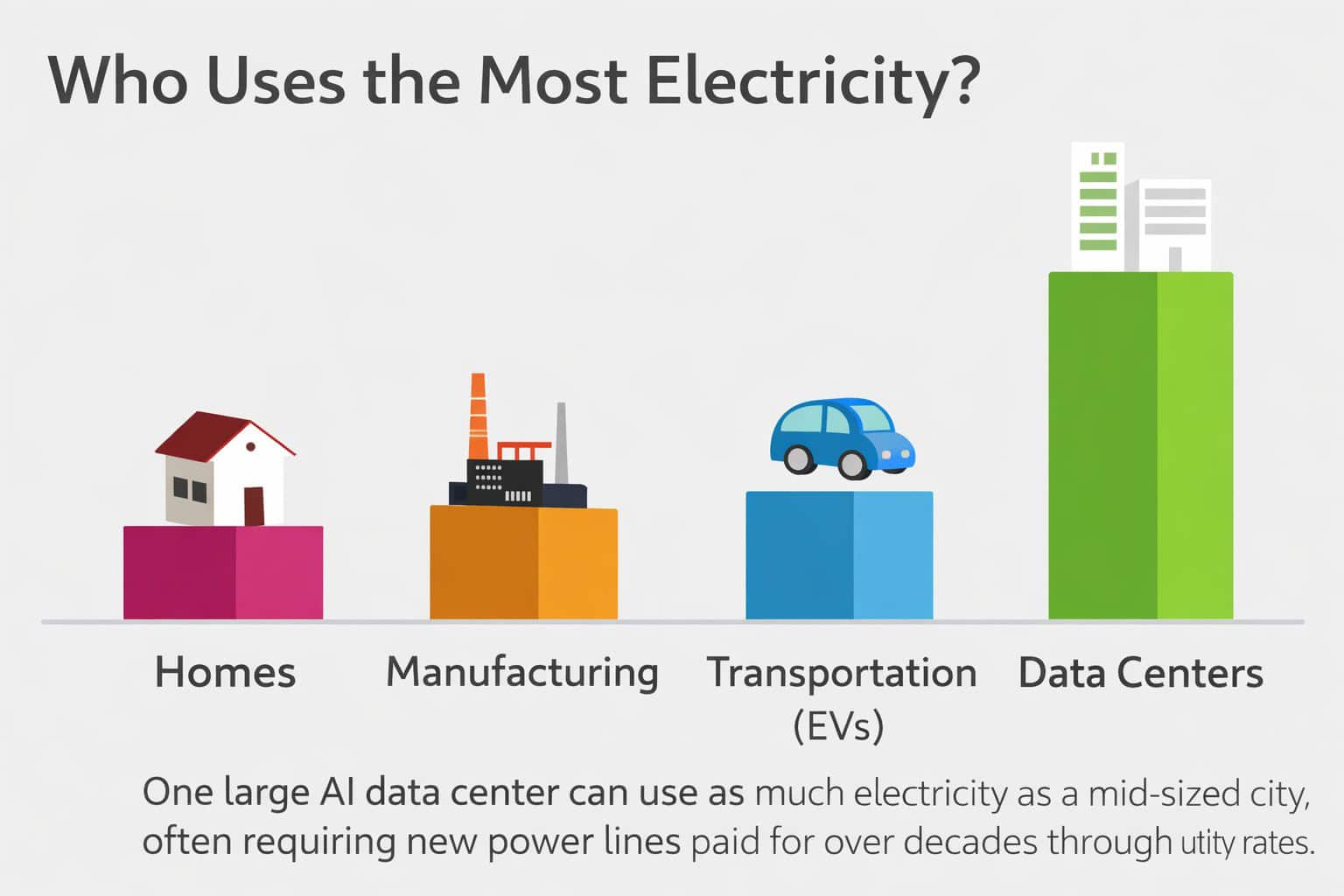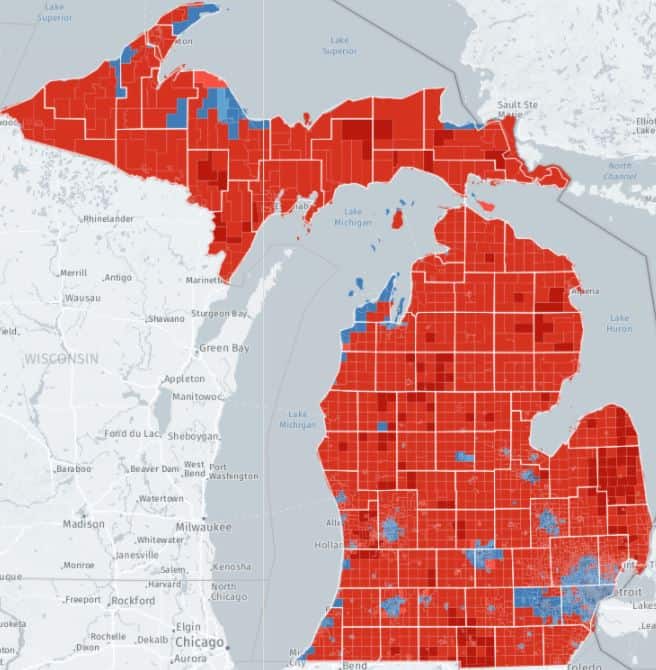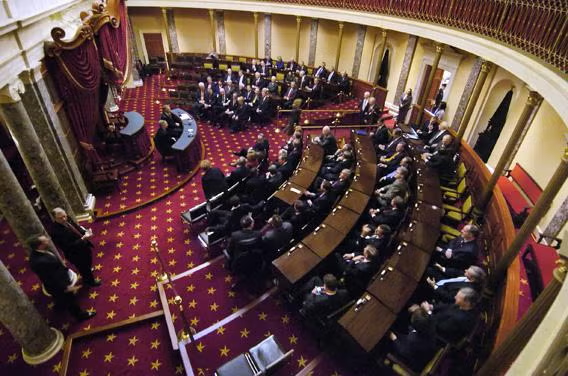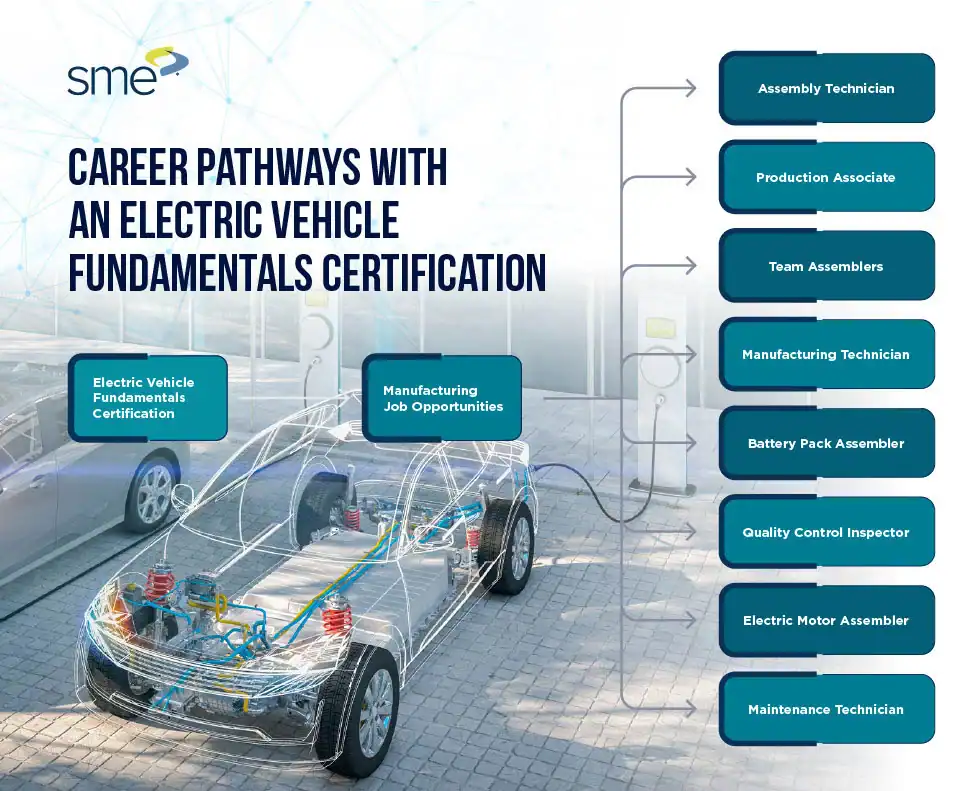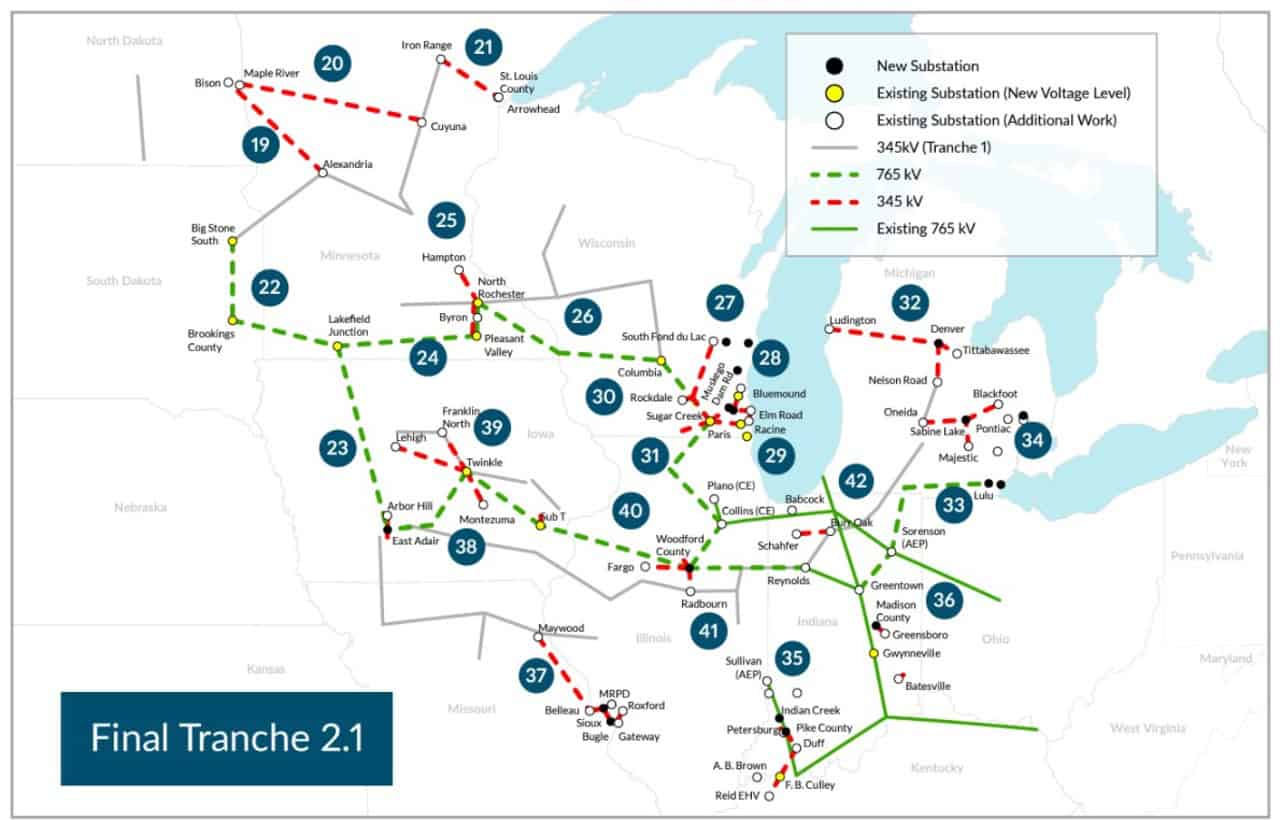WASHINGTON DC – The Department of Energy and the Environmental Protection Agency have jointly unveiled modifications to the existing framework governing vehicle emissions and fuel economy.
The DOE has relaxed the initially proposed drastic reduction in EV mileage ratings, a move that now allows automakers more leeway to produce gas-powered vehicles while still meeting the Corporate Average Fuel Economy (“CAFE”) standards through 2030. Initially, a 72% cut in EV mileage ratings by 2027 was proposed, but the final rule opts for a more gradual phase-in, culminating in a 65% reduction by 2030.
The EPA’s revised vehicle emission requirements echo this sentiment, opting for a gradual implementation that acknowledges the current state of EV sales and consumer adoption challenges. By moderating the increase in standards from 2027 to 2029 and then ramping up to the preferred levels from 2030 to 2032, the EPA aims to strike a balance between ambitious environmental goals and the practical realities of the automotive market.
The revisions have come at a time when the uptake of electric vehicles has shown signs of slowing down, attributed to consumer concerns over costs, range and the availability of charging infrastructure. By moderating the pace of EV adoption required in the short term, the EPA aims to align environmental objectives with the practical aspects of market readiness and consumer acceptance.
The regulatory adjustment comes as a reprieve for major automakers who faced the daunting prospects of hefty fines under more stringent regulations. General Motors could have been subjected to $6.5 billion in fines, with Stellantis and Ford facing $3 billion and $1 billion, respectively, through 2032. The softened stance by the DOE is a financial relief, ensuring that these companies can transition to EVs at a more manageable pace without the immediate threat of punitive financial penalties.
To read more, click on Yahoo Finance


